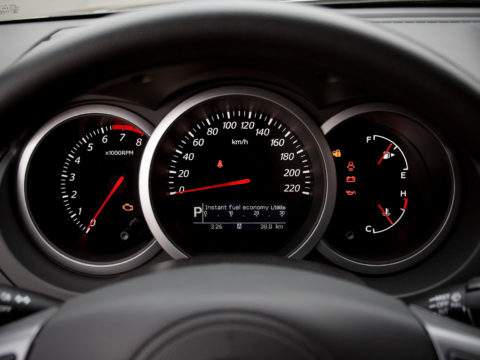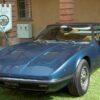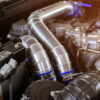There’s a lot of misinformation surrounding diesel engines, from their efficiency to how they impact the environment. Whether you’re a long-time diesel fan or just curious, it’s easy to get caught up in myths that simply aren’t true. In this article, we’ll break down 15 of the most common diesel engine myths, so you can separate fact from fiction and make informed decisions.
Contents
Diesel Engines Are Slow and Sluggish
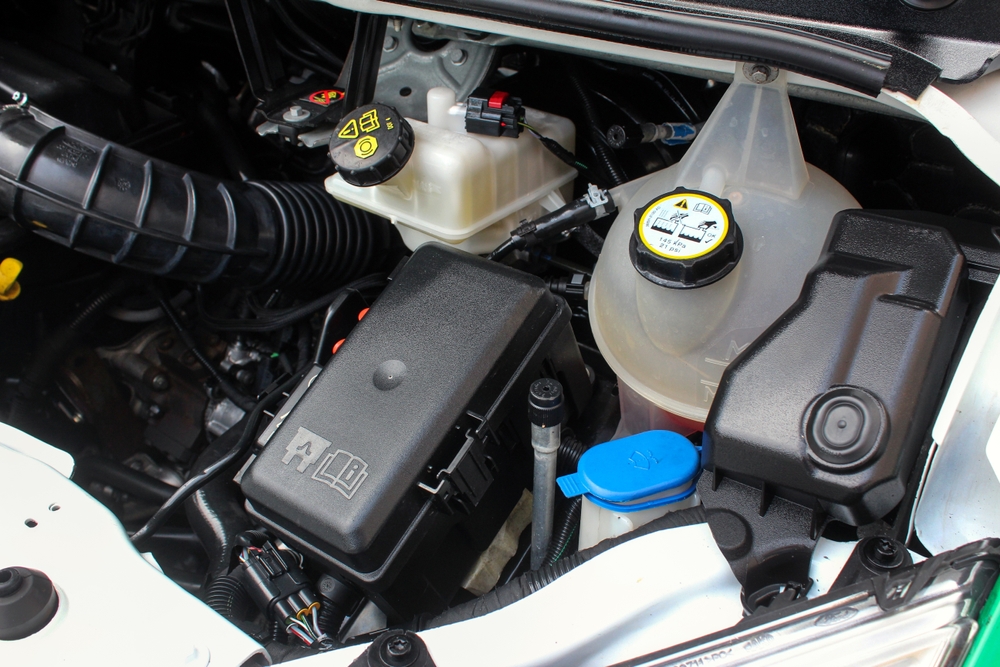
This myth likely stems from older diesel engines, but modern diesel engines are far from sluggish. Thanks to advances in turbocharging and fuel injection systems, today’s diesel engines provide substantial torque and power, making them quick off the line and well-suited for both daily driving and high-performance applications.
Diesel Engines Are Always Loud
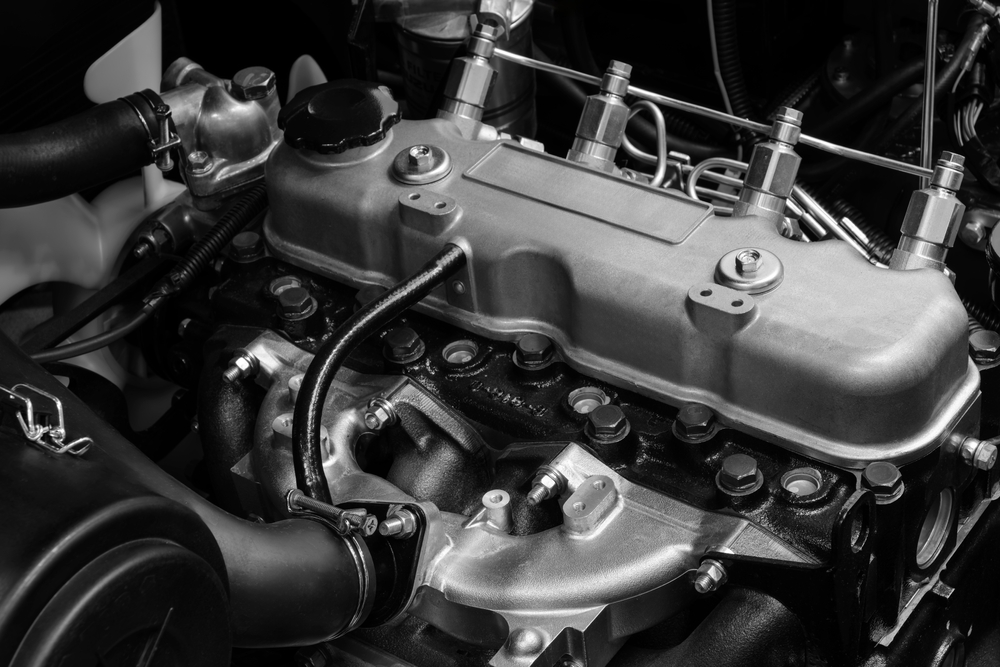
Diesel engines used to be loud and clunky, but that’s no longer the case. Modern diesels are equipped with noise-cancelling technology, quieter combustion processes, and improved engine mounts to minimize vibrations. Today’s diesels can be as quiet as gasoline engines, especially with sound-dampening materials in the vehicle design.
Diesel Fuel is Dirtier Than Gasoline
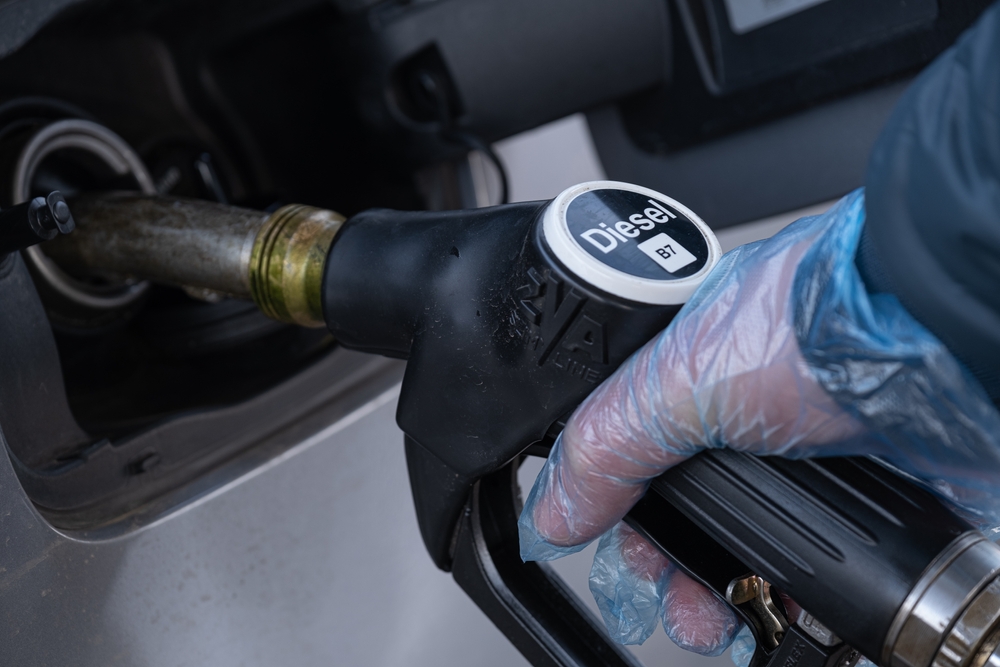
Diesel fuel has a higher energy density than gasoline, but with modern emission control technologies like particulate filters and selective catalytic reduction (SCR), diesel engines produce much cleaner emissions than they used to. In fact, modern diesels often meet or exceed emission standards set for gasoline engines.
Diesel Engines Don’t Start Well in Cold Weather

It’s true that older diesel engines struggled in cold weather due to the nature of diesel fuel, but modern engines come with glow plugs and advanced fuel systems designed to perform well in all temperatures. Cold-start technologies have vastly improved, ensuring reliability in winter conditions.
Diesel Engines Are Expensive to Maintain
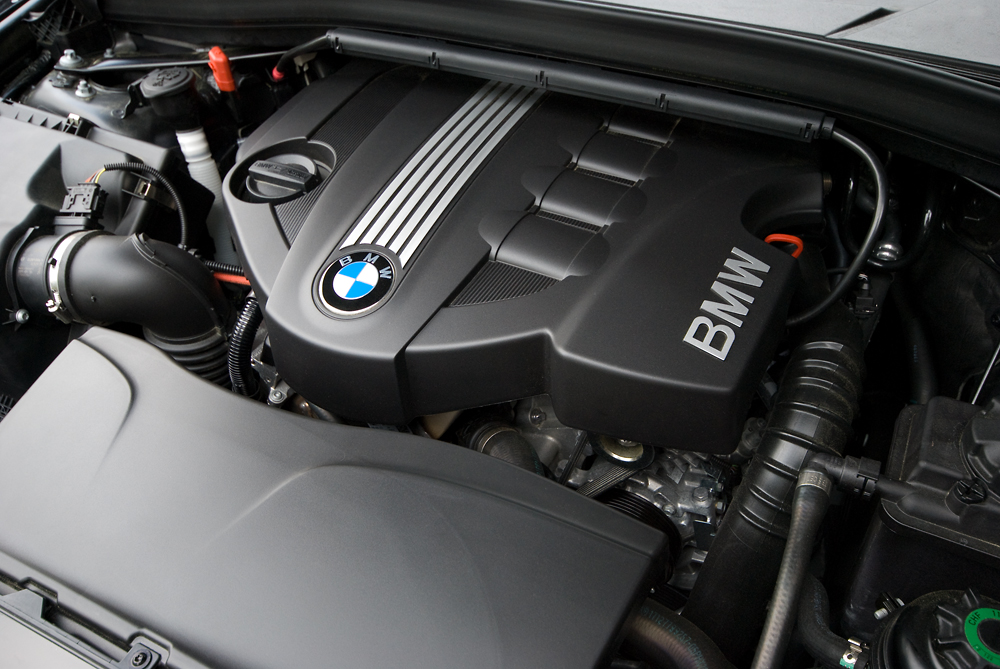
Diesel engines might have a higher upfront cost for some parts, but they often require less frequent maintenance than gasoline engines due to their robust design. Many diesel engines are built to withstand high levels of stress and wear, leading to fewer breakdowns and longer intervals between services.
Diesel Engines Are Bad for the Environment
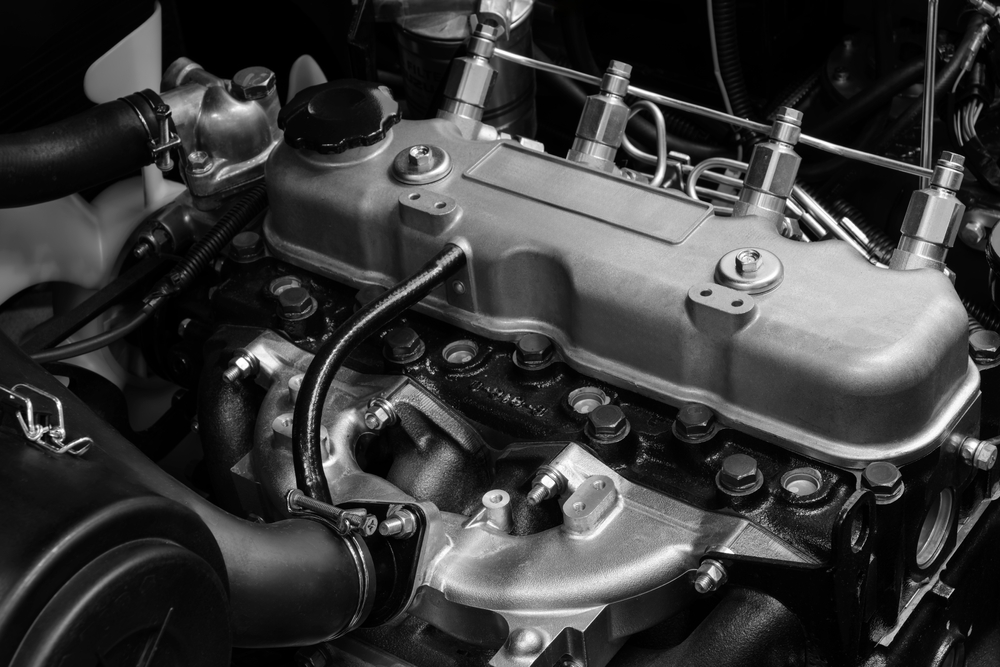
While diesel engines used to be associated with higher levels of nitrogen oxides (NOx) and particulates, modern emission standards have made diesel vehicles much cleaner. Technologies like diesel particulate filters (DPFs) and SCR systems have significantly reduced harmful emissions, making diesel engines much more eco-friendly than they were in the past.
Only Trucks and Big Vehicles Use Diesel Engines
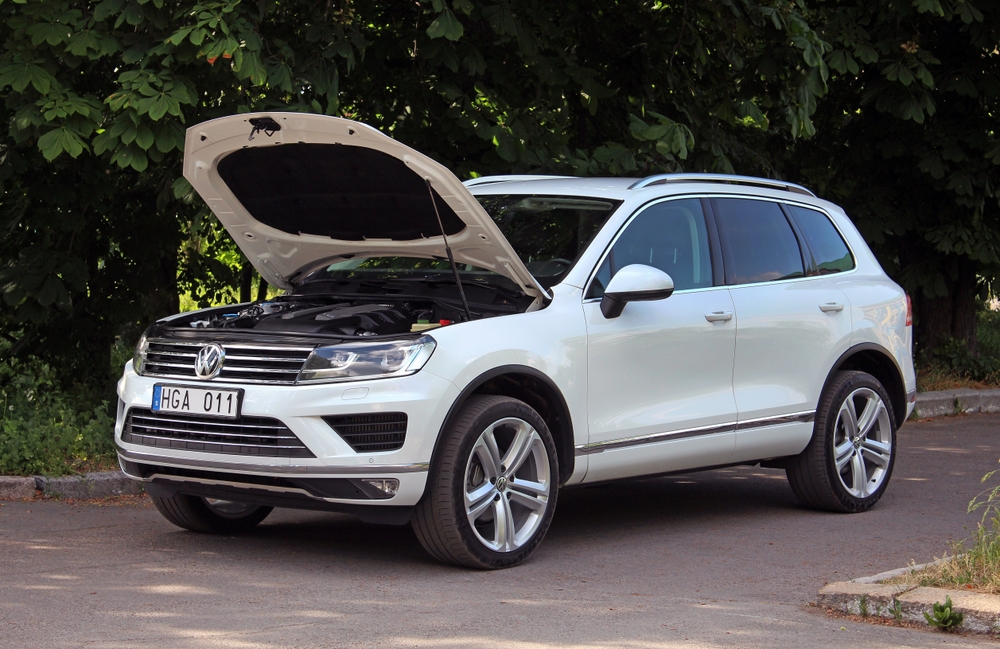
Diesel engines are commonly found in trucks, but they’re also used in cars, SUVs, and even high-performance vehicles. Diesel’s high torque and efficiency make it ideal for a wide range of applications, from compact sedans to sports cars and even luxury vehicles.
Diesel Engines Require More Frequent Oil Changes
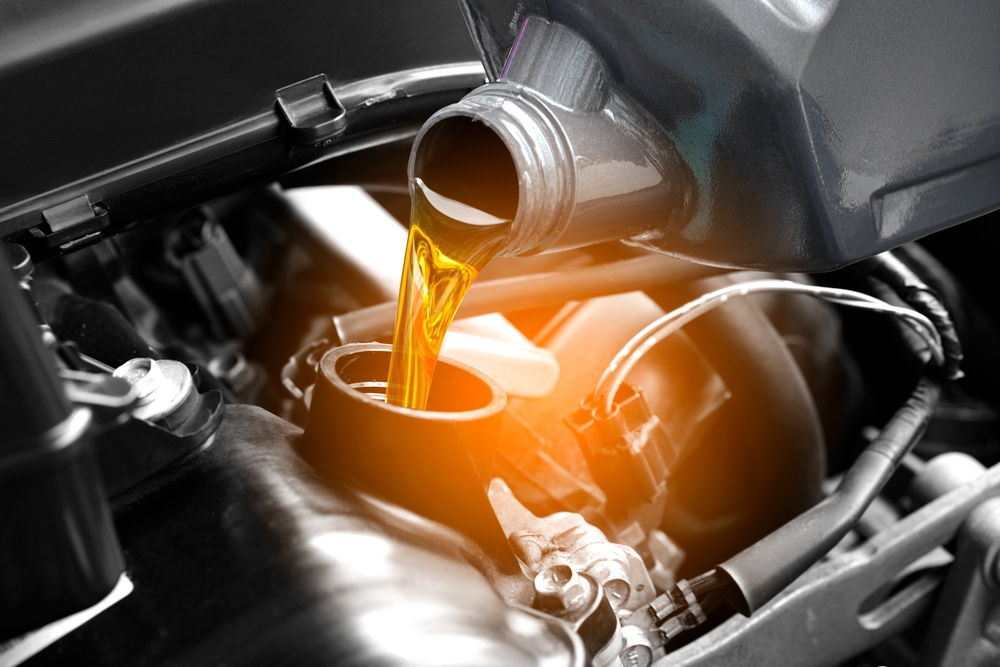
Diesel engines typically have longer oil change intervals compared to gasoline engines because of their robust construction and efficient combustion. The need for oil changes depends on driving habits and manufacturer recommendations, but modern diesel engines often require oil changes only every 7,500 to 10,000 miles.
Diesel Cars Are Hard to Find and Expensive
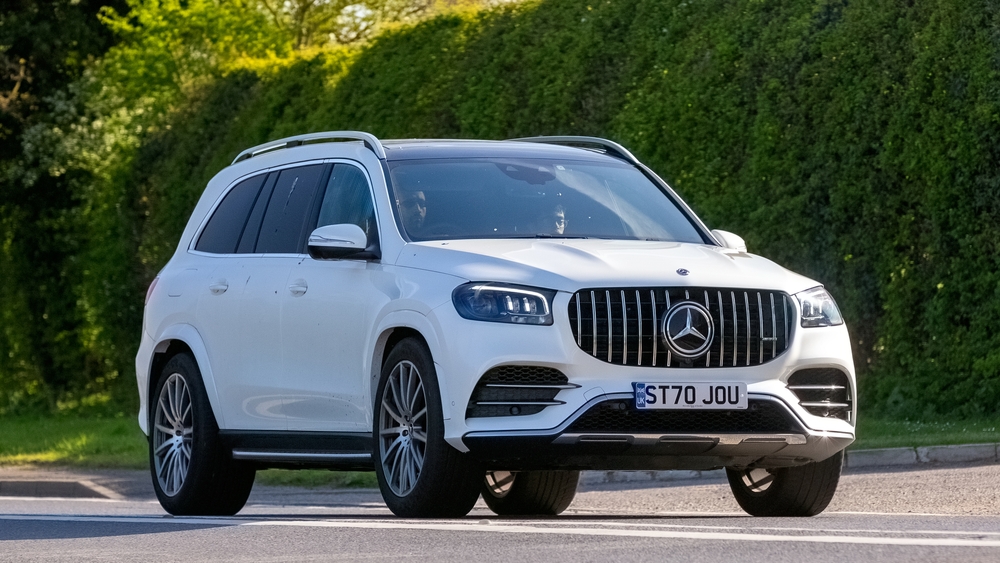
Diesel vehicles are readily available, especially in markets like Europe, where they are popular for their fuel efficiency. While diesel models may carry a slight premium over gasoline versions, their long-term fuel savings and durability often make them more cost-effective in the long run.
Diesel Engines Are Outdated Technology
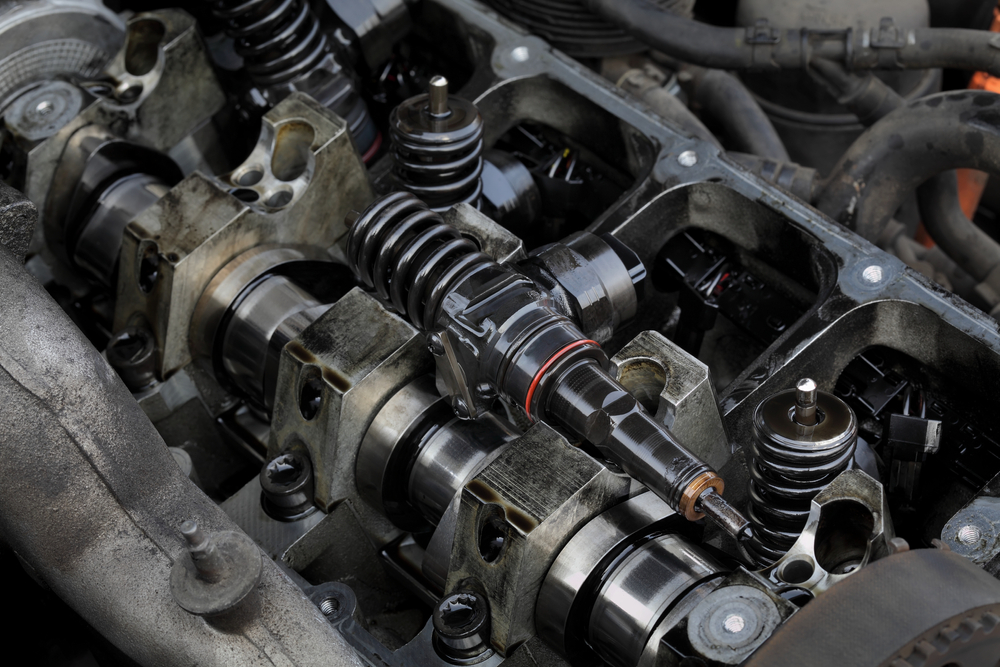
Diesel engines have evolved significantly and are far from outdated. With technologies like common-rail direct injection and turbocharging, diesel engines are more efficient and powerful than ever. They continue to be a viable option in a world focused on fuel efficiency and reduced emissions.
Diesel Engines Don’t Last as Long as Gasoline Engines
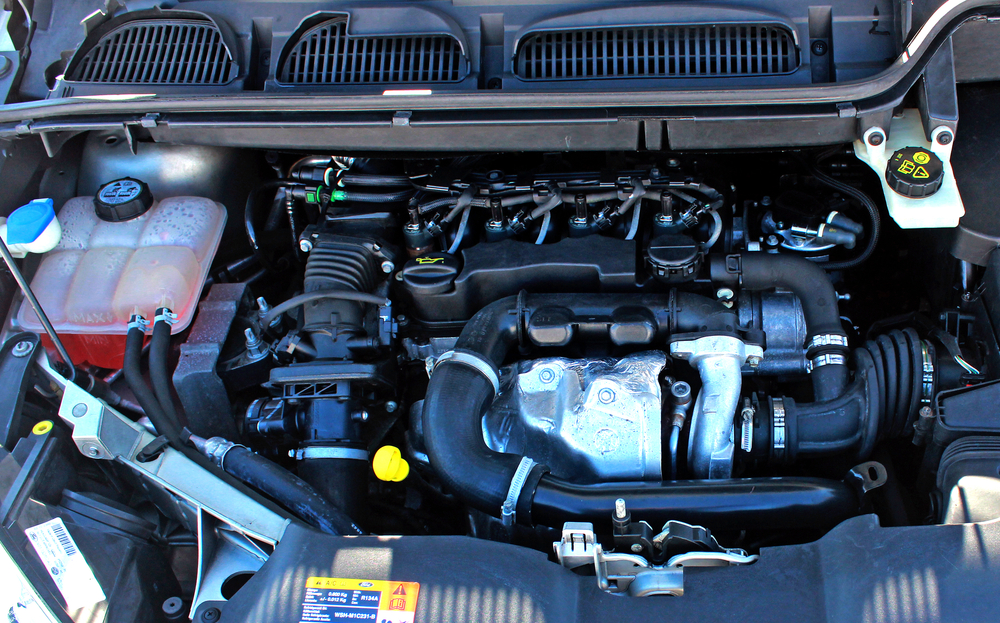
In fact, diesel engines are known for their longevity. Diesel engines operate at lower RPMs and are built to handle higher compression ratios, making them more durable and capable of lasting hundreds of thousands of miles when properly maintained.
Diesel Engines Are Always More Expensive to Buy
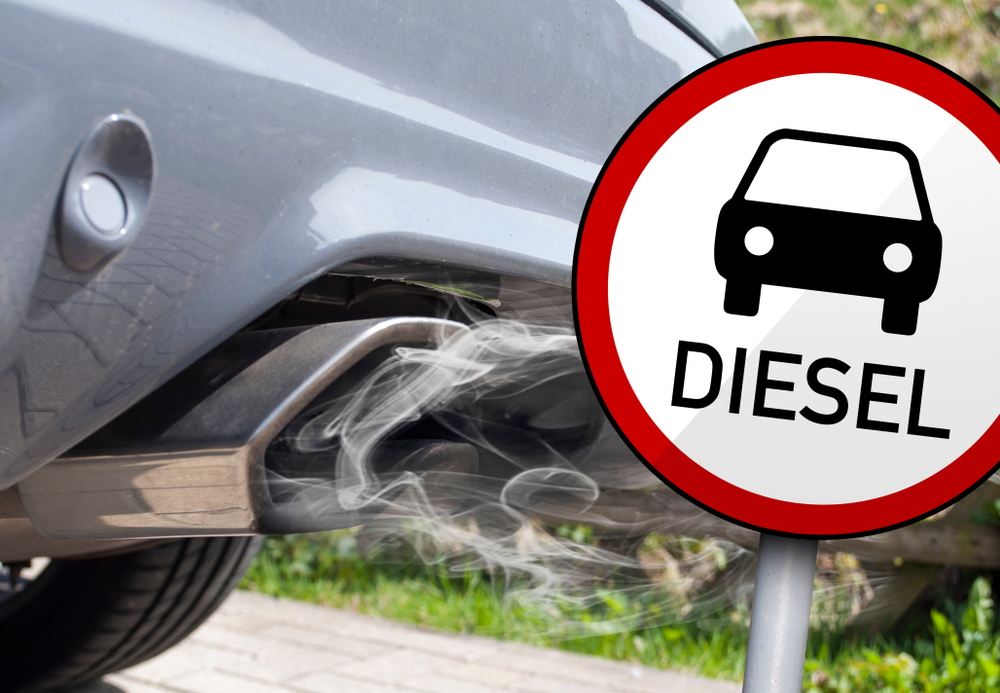
While diesel engines might have a higher initial price due to their complex components, they can pay off over time through better fuel efficiency and longer engine life. The cost difference has also narrowed with advances in manufacturing and a growing market for diesel vehicles.
Diesel Fuel is Hard to Find

Diesel fuel is widely available at most gas stations, especially in areas with a high demand for diesel-powered vehicles. While it’s true that some urban areas may have fewer diesel pumps, the availability is generally not a concern for most drivers.
Diesel Engines Are Prone to Breaking Down
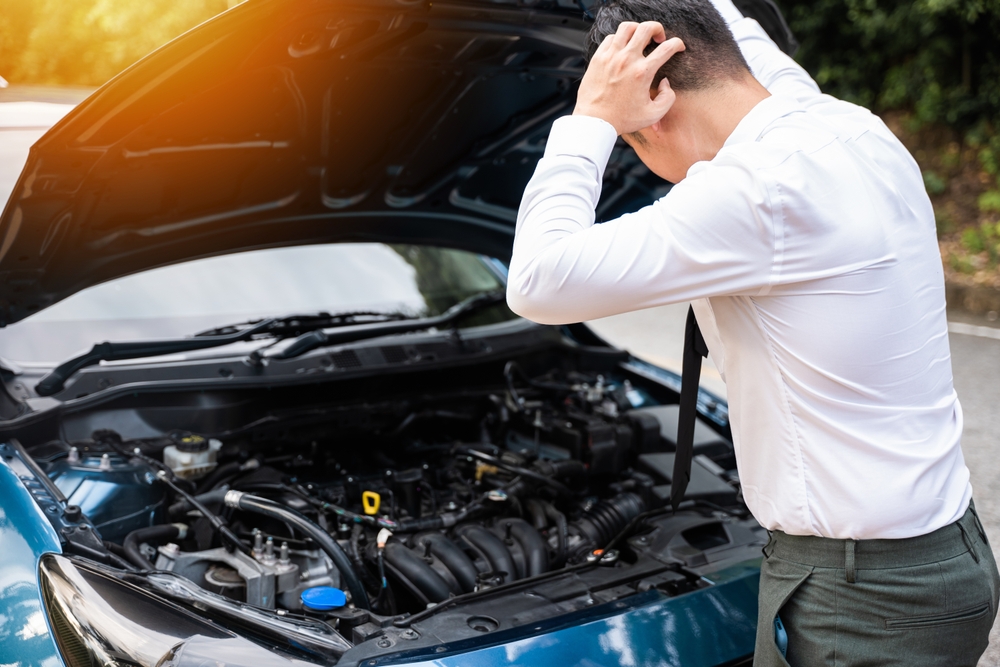
Diesel engines are built to be incredibly durable and can handle heavy use for long periods. With proper maintenance, diesel engines tend to last longer and experience fewer breakdowns compared to gasoline engines due to their robust design and construction.
Diesel Engines Can’t Be Used for Daily Commuting
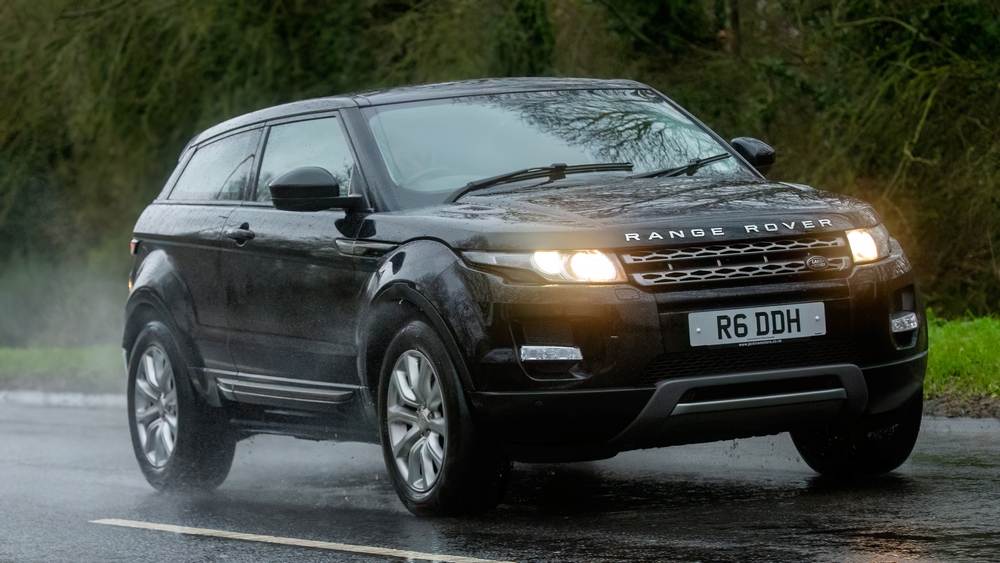
Diesel engines are perfectly suitable for daily commuting, offering excellent fuel efficiency, particularly on highways. Modern diesel cars are refined, smooth, and quiet, making them a great option for both city and long-distance driving.
This article originally appeared in MyCarMakesNoise.
More from MyCarMakesNoise
20 Rare Ford Trucks You Won’t Believe Exist

Ford has a long history of producing reliable and versatile trucks, but some models are less well-known than others. These unique Ford trucks stand out for their rare designs, limited production runs, or innovative features. Here are some unique Ford trucks you probably haven’t seen before. Read More
20 Classic Chevelles That Never Gained Popularity

The Chevrolet Chevelle is an iconic American muscle car, but not all models have been well-received. Some versions, due to design flaws or performance issues, have failed to win the hearts of car enthusiasts. Here are some vintage Chevelle models that no one likes. Read More
13 Most Impressive Gran Turismo Vision Cars

Gran Turismo Vision cars are a testament to the creativity and innovation of automotive design. These concept cars, created by top manufacturers for the Gran Turismo video game series, push the boundaries of technology and aesthetics. Read More.


